Description
Underactive Thyroid
Hypothyroidism is when you have an underactive thyroid and they do not produce enough of a specific hormone.
Symptoms of Hypothyroidism
There are several symptoms of Hypothyroidism. However, they may vary depending on the severity of the deficient hormone. Issues tend to develop slowly over a number of years.
Symptoms for Hypothyroidism include:
- Constipation
- Fatigue
- Hoarseness
- Dry skin
- Weight gain
- Muscle weakness
- Puffy face
- Increased sensitivity to cold
- Impaired memory
- Muscle aches, tenderness and stiffness
- Pain, stiffness or swelling in your joints
- Heavier than normal or irregular menstrual periods
- Depression
- Thinning hair
- Slowed heart rate
- Enlarged thyroid gland
- Elevated blood cholesterol level
You may not notice these symptoms early on but over time, if not treated, it can develop into an underperforming Thyroid. Hyperthyroidism usually develops in middle to older age women, but it is not restricted to only them. Anyone can develop Hyperthyroidism, including infants, teens and young adults.
Although it is not common for Infants to have Hyperthyroidism, there are telltale signs that can be noticed.
These can include:
- Yellowing of the skin and whites of the eyes is also called jaundice. This usually occurs when an infant’s liver struggles to metabolise a substance called bilirubin. Bilirubin is produced when the body recycles old or damaged red blood cells.
- A protruding and oversized tongue.
- Difficulty breathing
- Hoarse cry. This can sound raspy as when the baby exhales air, the vocal fold does not vibrate like normal.
- Umbilical hernia. This is when part of your intestine bulges through the opening in your abdominal muscles, located close to the navel (belly button).
Causes
When a thyroid stops producing enough hormones, the balance of chemical reactions could be disrupted. There can be various causes for Hypothyroidism. This includes autoimmune disease, radiation therapy, thyroid surgery and other certain medications.
How Routine seaweed capsules help
Our routine seaweed capsule contains two different types of seaweeds in them. Ascophyllum nodosum and Focus vesiculosus.
These are heavy in the chemical element Iodine. Iodine is a key component in the production of thyroid hormone, which will help the gland produce, which hormone is deficient in your body.
They also contain vitamins and minerals such as B vitamins, vitamin K, iron and zinc and other antioxidants which help with the protection of your cells.

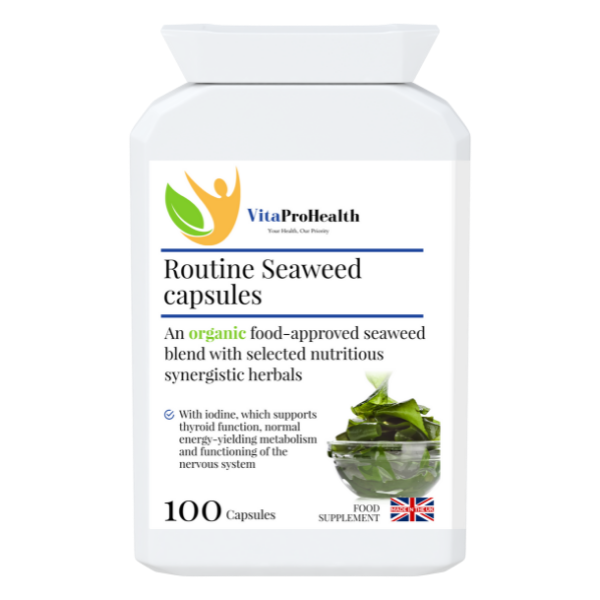
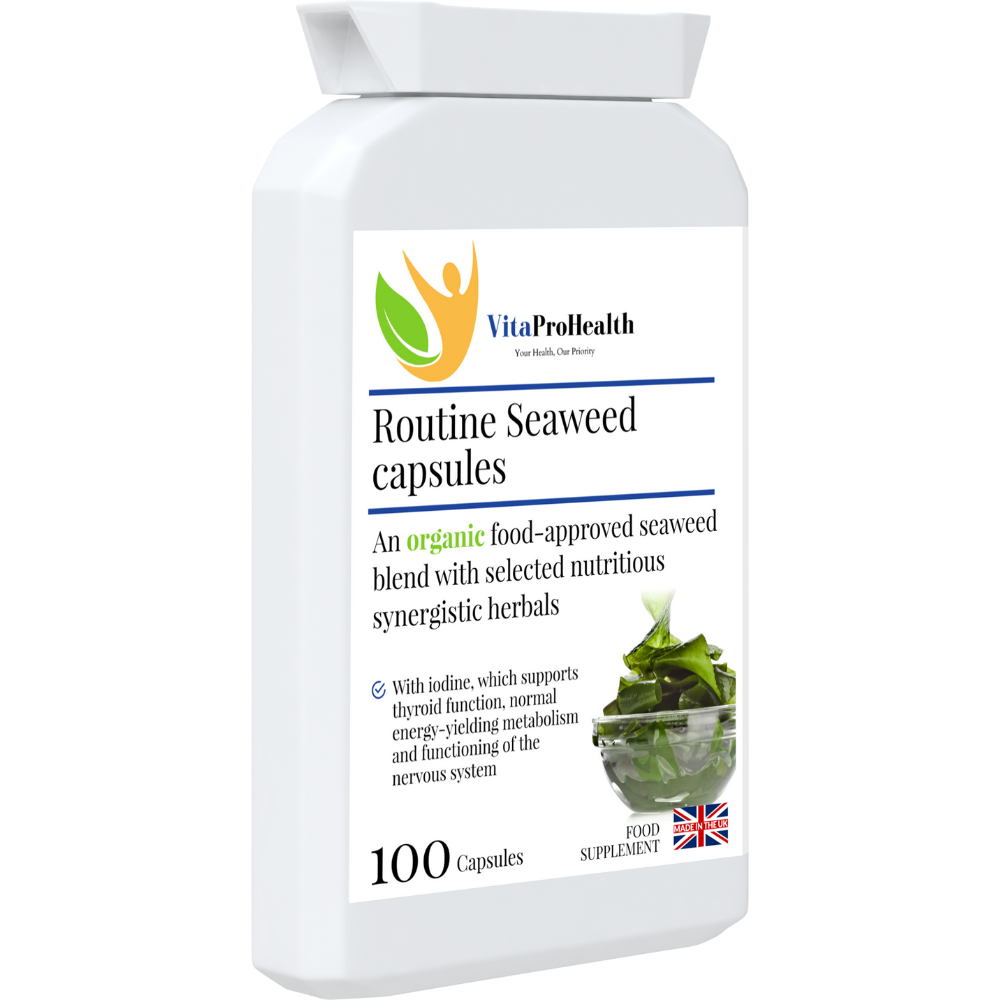
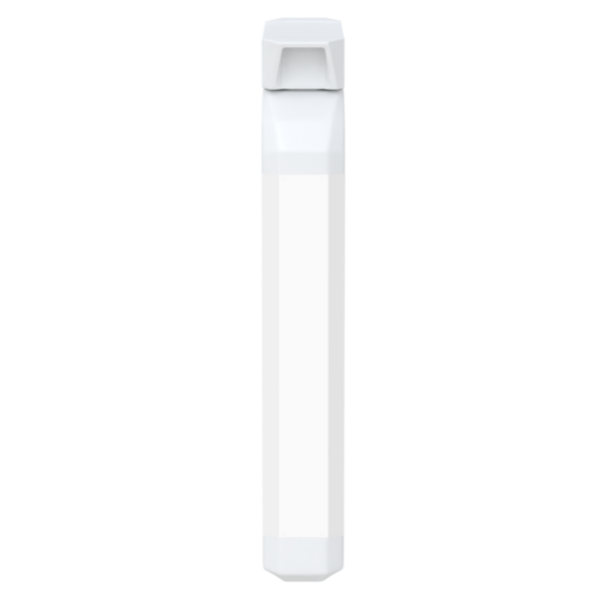
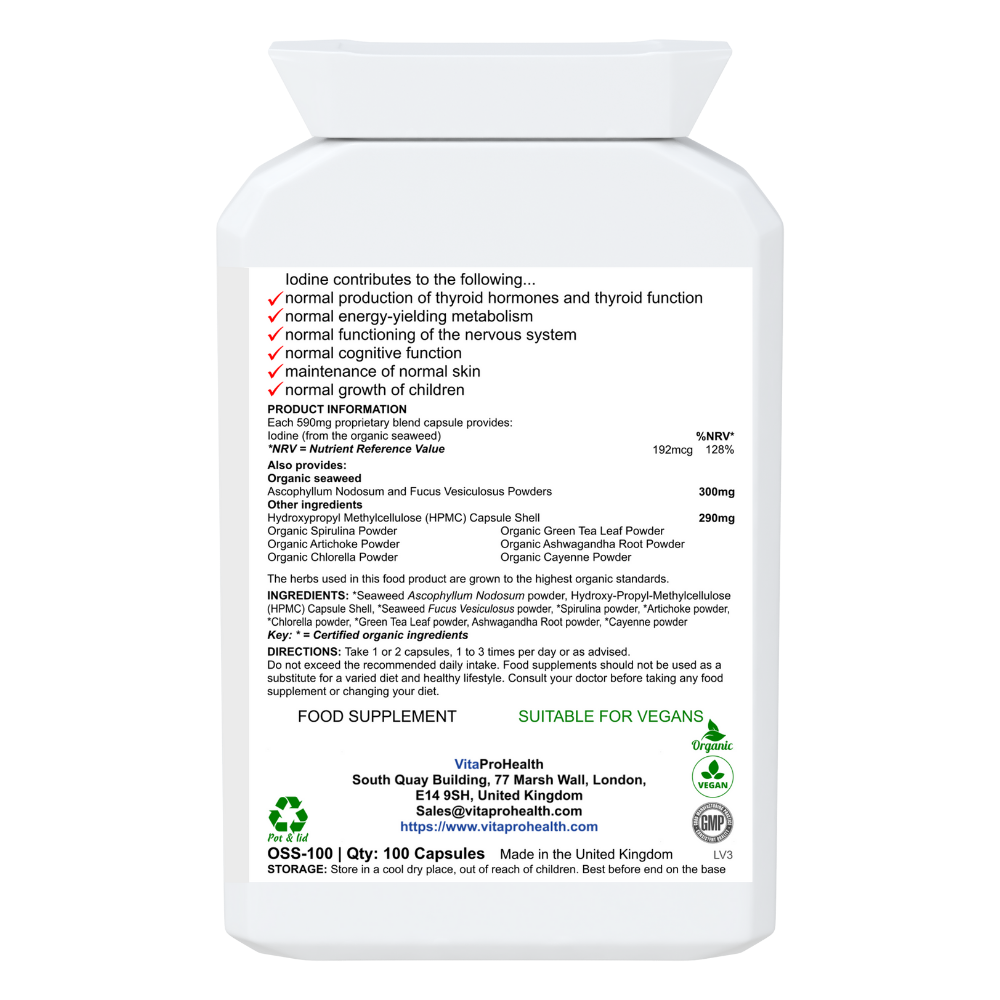
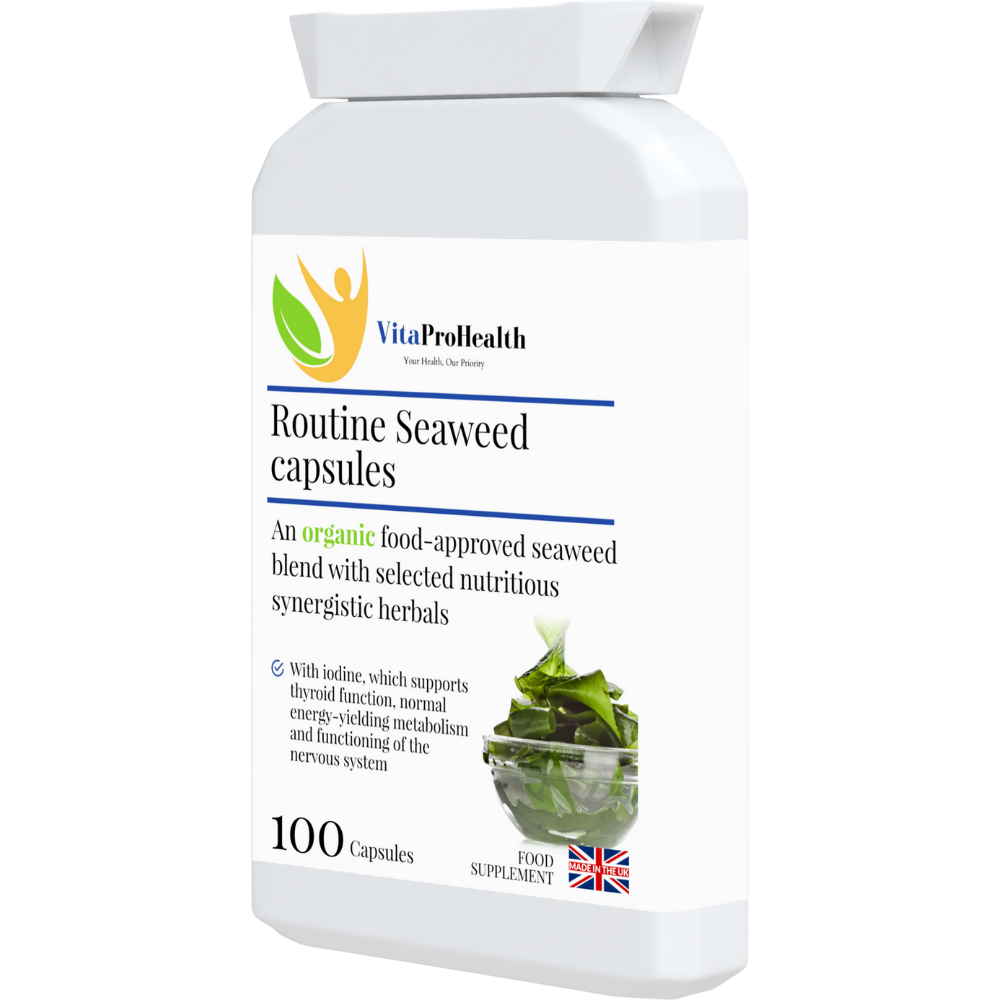
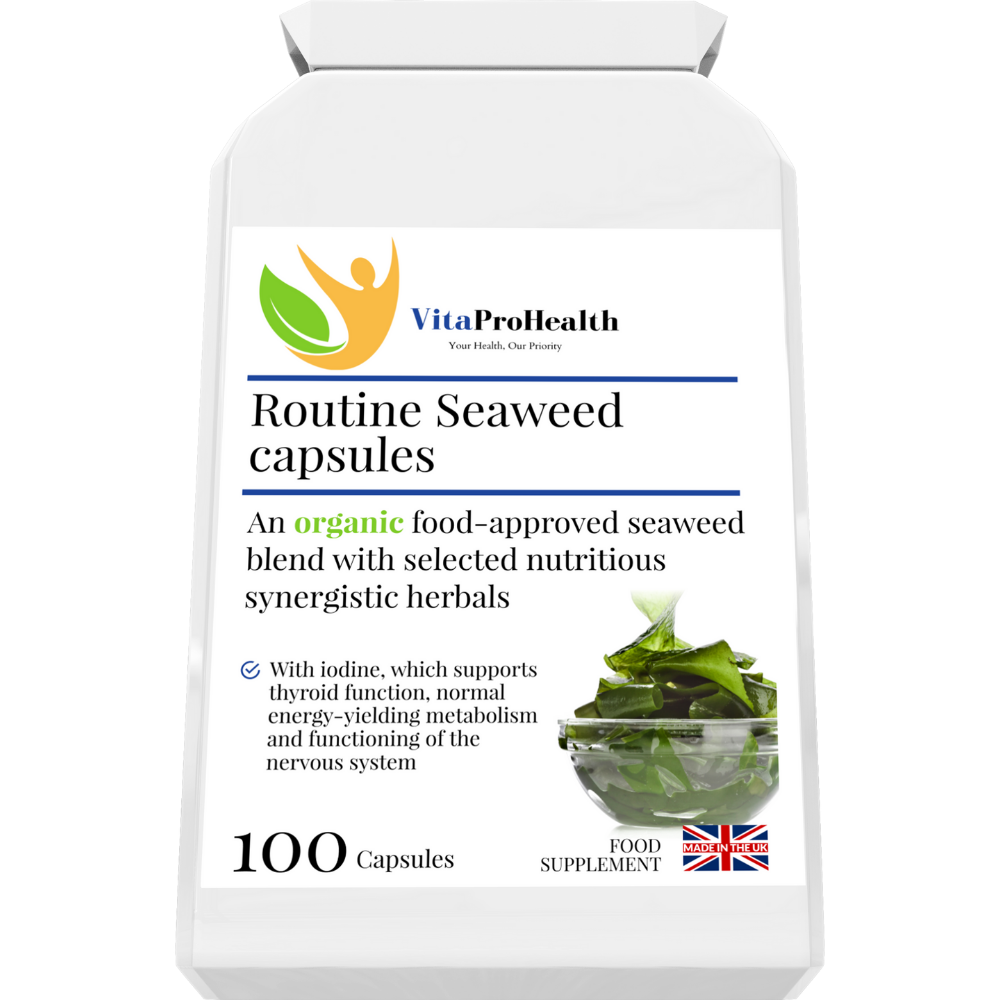














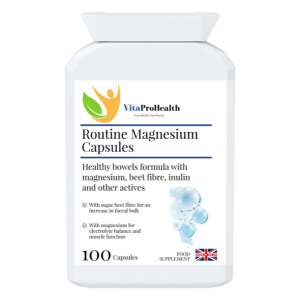

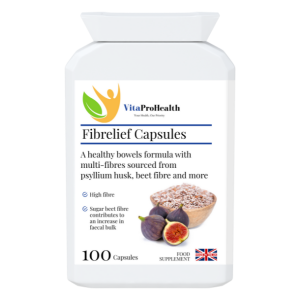
Kyle –
I enjoy what you guys tend to be up too. This sort of clever work and coverage!
Keep up the excellent works guys